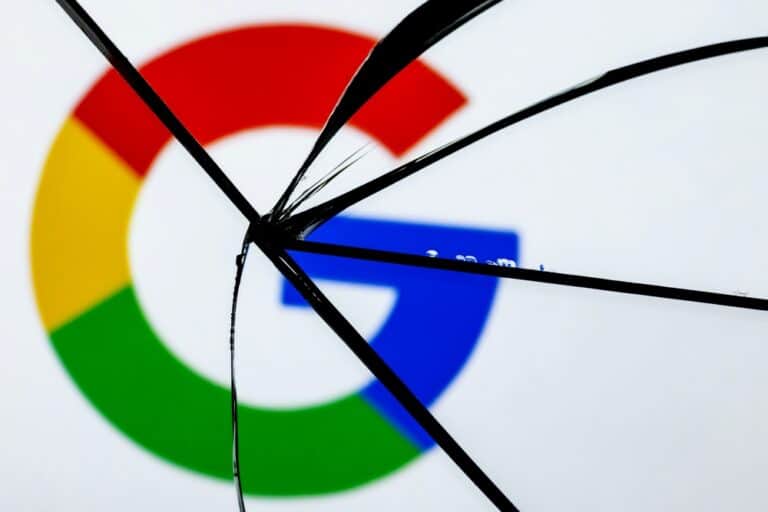Last year, US judge Amit P. Mehta called Google a monopolist. On Tuesday, the judge reiterated in a new ruling that the company has illegally maintained a monopoly. But despite this fact, the company will retain one of its crown jewels: the Chrome browser.
The court ruling means that Google does not have to fundamentally downsize. The divestiture of Android also seems to be off the table. This is despite heavy pressure on the company from the US government to implement such radical changes. This pressure has taken on apocalyptic proportions for Google, particularly since this year. The DOJ believes that Chrome should be divested, while Google argues that only they can maintain the browser.
The suggested changes have been carefully designed not only to address the distortion of competition, but also to prevent Google’s power from extending into new technological domains such as GenAI. In other words, the ruling is not the earth-shattering event it could have been.
AI search receives special attention
Judge Mehta’s remedy ruling remains harsh on Google. Still, he acknowledges that the world of search engines has changed significantly. It’s easy to guess why: ChatGPT, Perplexity, and other AI players are proving to be desirable ways to find online content.
“These remedy proceedings were as much about promoting competition among general search engines as they were about ensuring that Google’s dominance in search does not spill over into the GenAI space,” Mehta said. It means that parties such as OpenAI and Perplexity cannot become the new Google in the AI era by simply buying up Chrome.
Monopolist in the search engine world
In his ruling, Judge Mehta was clear about Google’s behavior. “After careful consideration of witness testimony and evidence, the court has reached the following conclusion: Google is a monopolist and has acted as such to maintain its monopoly,” the ruling stated last year.
The underlying case revolves around Google’s dominant position in the search engine market and the tactics the company has used to eliminate competitors. The Department of Justice and 38 states have filed the lawsuit.
Separate trial for adtech
Google’s problems are not limited to Search alone. Later this year, there will be a separate hearing on how the government deals with antitrust violations in Google’s monopoly on online advertising. This could still have major consequences. However, the danger has passed for now.
